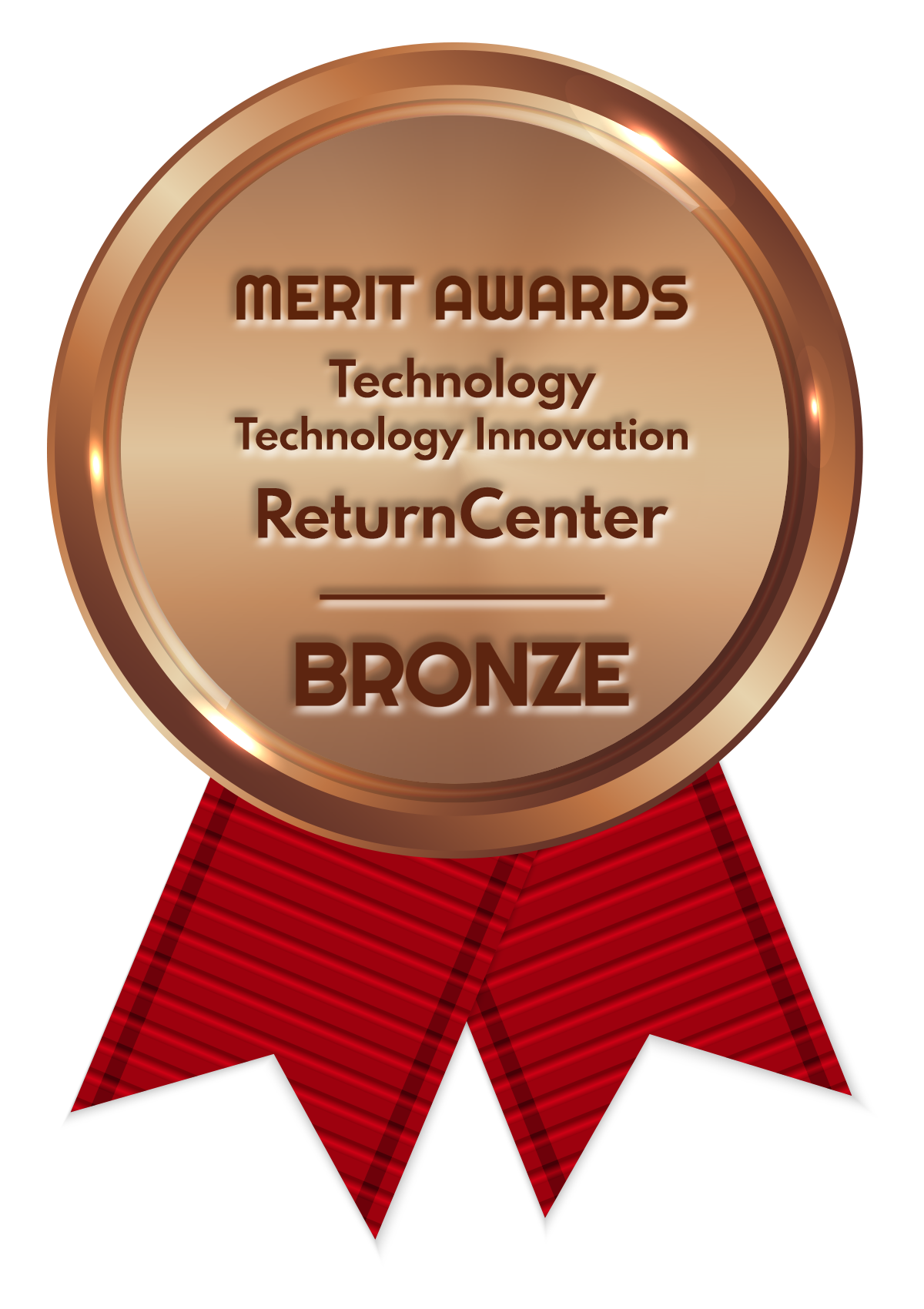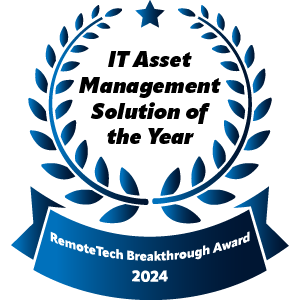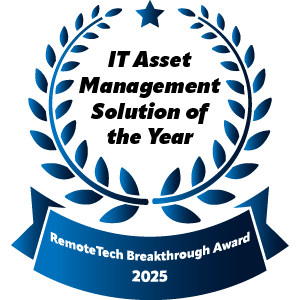As technology continues to shape our world, millions of people upgrade their devices annually—whether it’s trading in last year’s smartphone for the latest model or enhancing their laptops for better performance. This relentless cycle of upgrades contributes to a staggering accumulation of discarded electronics, adding to the growing global issue of e-waste.
Unfortunately, most people don’t fully understand the environmental impact of e-waste or the steps they can take to dispose of their old devices responsibly. In this blog, we’ll debunk some of the most common myths surrounding e-waste and recycling. We’ll cover:
- Myth 1: All E-Waste Gets Recycled
- What Happens to E-Waste When It Is Recycled?
- Myth 2: E-Waste Is Only a Problem for Developing Countries
- Myth 3: E-Waste Isn’t Harmful to Human Health
- Myth 4: It’s Okay to Store Old Devices Instead of Recycling Them
- Myth 5: Recycling E-Waste Is Too Complicated
- What Can You Do?
- How ReturnCenter Can Help Reduce E-Waste
Once you understand the journey of discarded electronics, you can make more informed decisions about how we handle our devices at the end of their life cycle.
Myth 1: All E-Waste Gets Recycled
One of the biggest misconceptions about e-waste is that the devices are always properly recycled when people drop off their old electronics at a recycling center. In reality, a significant portion of e-waste is not recycled in an environmentally responsible manner. According to the United Nations, only about 17.4% of global e-waste is formally recycled. The remainder ends up in landfills.
What Happens to E-Waste When It Is Recycled?
Devices are collected, sorted and dismantled. Then, metals, plastics and other materials are separated for reuse. Essential materials recovered from e-waste include precious metals like gold, silver and copper, which can be reused to manufacture new electronic products.
However, not all components are easily recyclable. Hazardous materials require specialized handling to ensure they don’t contaminate the environment.
Myth 2: E-Waste Is Only a Problem for Developing Countries
While it’s true that some wealthier countries export their e-waste to poorer nations, the problem is far from isolated. E-waste is a global issue, with developed countries producing and improperly disposing of large quantities of electronic waste yearly.
Even in countries with advanced recycling systems, significant amounts of e-waste end up in landfills, contributing to environmental degradation. The disposal of devices that become e-waste has become an environmental hazard. Additionally, hazardous materials from electronic waste can contaminate water supplies, soil and air, impacting both human health and wildlife.
Myth 3: E-Waste Isn’t Harmful to Human Health
E-waste contains numerous toxic substances that can have serious health effects if improperly handled. For example, lead, which is found in many older devices, can cause brain damage, especially in children. Mercury, another common component, can damage the nervous system, while cadmium can lead to kidney damage and bone loss.
What happens to e-waste when it is recycled improperly is a danger not just to the environment but also to human health. Workers in informal recycling operations often face exposure to these toxic materials. Additionally, those working on affected sites and nearby communities can inhale toxic fumes from burning e-waste.
Myth 4: It’s Okay to Store Old Devices Instead of Recycling Them
Some people think storing old electronics in a drawer or garage is a safe and responsible solution until they figure out what to do with them. Unfortunately, this practice only delays the inevitable. Devices that become e-waste continue to degrade over time. Components can break down, potentially leaking hazardous chemicals. Storing electronics rather than recycling them is also wasteful because it prevents valuable materials from being reclaimed.
Myth 5: Recycling E-Waste Is Too Complicated
Many people are unsure where or how to recycle their electronics, and some assume the process is too complicated or time-consuming. However, responsible e-waste disposal is easier than most think. Many communities offer e-waste collection programs, and manufacturers often provide takeback or mail-in programs for old devices.
Certified e-waste recycling centers ensure that your electronics are handled in a way that meets environmental and safety standards. Take a little extra time to find a reputable recycler to ensure that your old electronics don’t end up in a landfill.
What Can You Do?
E-waste is a growing concern, but by taking a few simple steps, you can help reduce its environmental impact:
- Recycle Responsibly: Send your old electronics to certified e-waste recyclers. Look for facilities that adhere to strict standards and avoid those that export e-waste to countries with poor regulations.
- Donate or Resell Working Devices: Before recycling, consider whether your old electronics can still be used by someone else. Many devices can be refurbished or resold, extending their lifespan and reducing the overall amount of e-waste.
- Buy Less, Buy Smart: Become more mindful of your purchases. Consider buying high-quality, durable electronics that will last longer, and repair your devices when possible instead of immediately replacing them.
- Educate Yourself and Others: Spread awareness about the importance of responsible e-waste disposal. Encourage friends and family to recycle their electronics properly, and support companies that prioritize sustainability in their product design and recycling programs.
How ReturnCenter Can Help Reduce E-Waste
ReturnCenter is dedicated to addressing the growing issue of e-waste by offering practical solutions for both businesses and consumers. With a range of services designed to make it easy to recycle, repair or return electronics, we ensure that devices that become e-waste are appropriately managed.
Here’s how we can help:
The Box Program
ReturnCenter offers a comprehensive solution through its Box Program for businesses looking to reduce the environmental footprint of their IT equipment. This service is particularly valuable for companies managing remote teams or handling large volumes of electronic devices across multiple locations. With the Box Program, businesses can easily collect and ship old or obsolete IT equipment from remote users for recycling, repair or lease returns.
This program not only helps to keep e-waste out of the environment but also gives companies an efficient way to manage employee offboarding, equipment upgrades and IT asset disposition while maintaining compliance with sustainability goals.
ServiceNow Integration
For businesses using the ServiceNow platform, ReturnCenter offers a seamless integration that enhances the ability to manage hardware asset transportation. This allows users to schedule, track and monitor the decommissioning, redeployment, or recycling of IT equipment directly within the ServiceNow environment. With the ability to monitor hardware asset transportation right inside ServiceNow, businesses can ensure that they reduce e-waste efficiently and securely.
Consumer Electronics Takeback
Consumers also contribute significantly to the electronic waste stream. To help individuals dispose of their old devices responsibly, ReturnCenter offers a Consumer Electronics Takeback service that makes it easy to recycle unwanted electronics and give them back to a beneficial cause.
The process is straightforward: consumers simply provide the details of the device they want to recycle, input their pickup address, and choose a charity to receive any residual value from their device. ReturnCenter then sends a prepaid envelope, making shipping the electronics for recycling hassle-free. Not only are consumers contributing to a sustainable future by keeping their devices out of landfills, but they’re also helping support charitable organizations through donations.
Take Action Today: Join ReturnCenter and Help Reduce E-Waste
E-waste is a growing global challenge, but you have the power to make a difference. ReturnCenter offers the solutions you need to dispose of e-waste responsibly. Create an account today and gain access to the tools and services that will help you recycle your electronics responsibly and make a positive impact on the environment.



